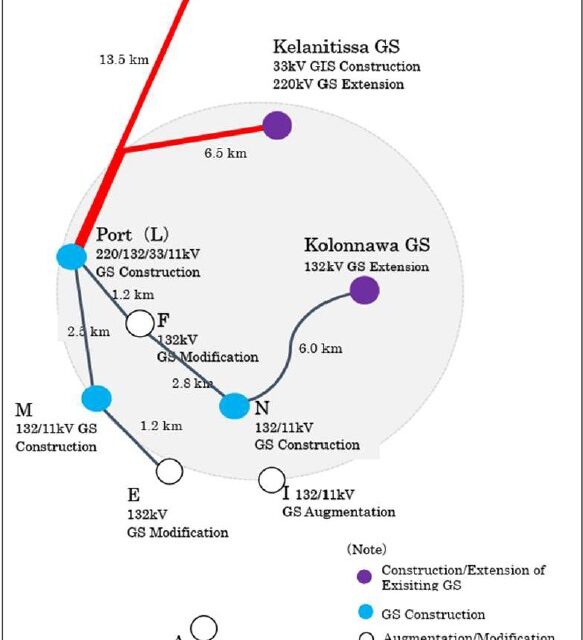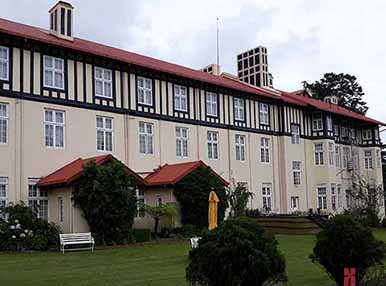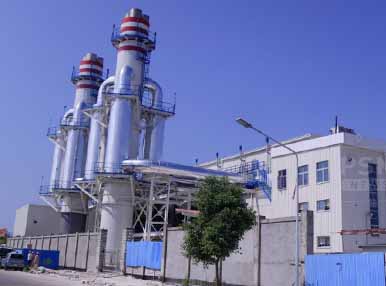This project preparatory technical assistance was to formulate the next ADB loan for the Sri Lanka Energy Sector, consisting of transmission, distribution, renewable energy and energy efficiency sub-projects, amounting to an estimated investment of USD 120 million. In association with AECOM of New Zealand, RMA provided expert assessment of transmission options and distribution strengthening requirements, rural electrification project formulation, requirements for distribution strengthening for the absorption of renewable energy to the national grid, and assessment of other renewable energy and energy efficiency interventions required. RMA successfully prepared the application for the Clean Energy Finance Partnership Facility of Japan/ADB, to finance a DSM pilot project in lighting, an appliance testing laboratory to launch the energy efficiency appliance labelling regulations, and for conducting of energy audit training. In parallel, the ADB loan project includes a credit line for the rehabilitation of micro-hydro projects in estates for grid connection under net metering rules recently announced by Sri Lanka.
The project formulated by the joint AECOM-RMA team has since been approved by ADB and is presently being implemented in Sri Lanka.










